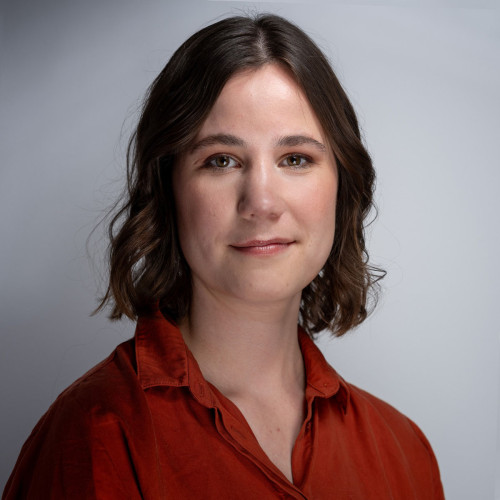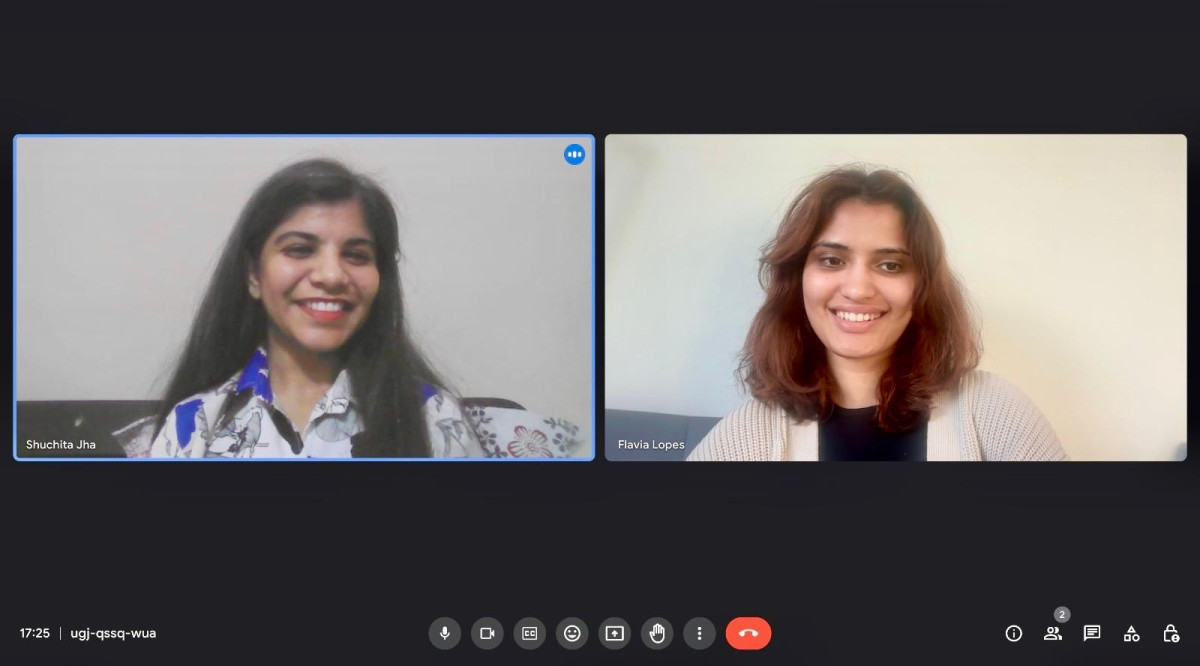Women’s struggles in coal belts of India, Germany: Cross-border collaboration on just transition
What was your biggest challenge in working on this project?
Flavia: My main challenge was getting access to communities in Lusatia, Germany. It was new territory for me since previously I covered environmental stories mostly in the Global South. Furthermore, not being fluent in German made the job even tougher.
Shuchita: My main challenge was getting the locals from tribal communities to talk about their problems as they are shy by nature and generally do not like to divulge a lot of information out of fear of judgement, and possible repercussions.
How did you overcome all this?
Flavia: I started by reaching out to experts in the field and building connections with researchers who worked on the topic in the region. They helped me tap into their networks, which led to introductions to important people in the area. My contacts in Berlin were also incredibly helpful, assisting with translation and communication. Once I became part of the community, I discovered many new opportunities and exciting ideas that enhanced my project.
Shuchita: I relied on the help of local leaders who work with the community and interacted with them on other subjects to make them comfortable with me and my camera. After they became familiar with me in one or two days, they opened up and started to talk to me about their problems. I spent around ten days in the city of Anuppur in the south-eastern part of Madhya Pradesh state to gather relevant information. I hit a lot of dead ends first, but finally managed.
What was the biggest surprise or ‘aha’ moment while working on the topic and collaborating with your peers?
Flavia: The most unexpected revelation came when I heard numerous stories about local-level solutions that deserved recognition. I was particularly surprised by the prevalence of grassroots movements and efforts that had previously gone unnoticed by news outlets.
Shuchita: The ‘aha’ moment for me was when I realised that a developed country like Germany also faced similar problems as India, a developing nation, when it came to women’s livelihood and opportunities. While German women are comparatively more educated and aware than their Indian counterparts, the challenges for both remain largely similar. It gave me the idea to see if Germany’s struggles and solutions can be a learning experience for India.
How did working in cross-border collaboration deepen your understanding of your subject?
Flavia: Our project delved into two countries with distinct levels of development and energy transition paths. It was crucial for us to avoid directly comparing these nations but rather extract applicable lessons for each. Additionally, exploring the interaction between the two countries regarding just transition added relevance and depth to our project.
Shuchita: It was an enlightening experience as I learned about Germany's efforts to achieve a just transition. In the planning stage of its energy transition, India can take a leaf from the solutions that Germany implemented and start off with its skills development for coal mine-dependent communities parallelly as it closes down its mines. Though the scale of the problems might differ, the solutions in Germany can be tweaked to suit India’s needs.
"Our project delved into two countries with distinct levels of development and energy transition paths. It was crucial for us to avoid directly comparing these nations but rather extract applicable lessons for each."
How did you coordinate the work of a team of busy journalists based across different countries?
Flavia: Coordinating across different time zones was indeed a challenge, but our strong camaraderie and friendship made it easier. We mainly communicated through WhatsApp chats and calls, with occasional Zoom interviews. Thanks to this, coordination was smooth.
Shuchita: The issue with different time zones was a little challenging but both of us managed to find suitable time slots despite our busy schedules and work commitments. We relied on WhatsApp and would often leave audio messages for each other. We both took charge of our own reporting countries and then wrote our stories in Google Docs, sharing the link with the other to fill in their parts. Depending on the publisher, I edited the India-heavy one and Flavia the German story, which had more coverage in Germany. Our styles of writing, though very different, complemented each other.
What is your single piece of advice for a team of journalists keen to do a joint cross-border story for the first time?
Flavia: Pursuing cross-border stories offers a unique opportunity to delve into narratives that transcend geographical boundaries and tap into the interconnectedness of global events. While such stories may be less explored due to the challenges of establishing contacts and navigating diverse cultural landscapes, the potential insights they offer are invaluable.
Shuchita: I think all journalists working on development and solution journalism should take part in at least one such cross-border story to expand their knowledge and learn to coordinate with another colleague based in a different corner of the world. It is an impeccable learning experience that not only allows one to report extensively from their own country but also gives an opportunity to learn about the efforts and initiatives taking place in another. It brings them together in ways they might not have imagined before.


